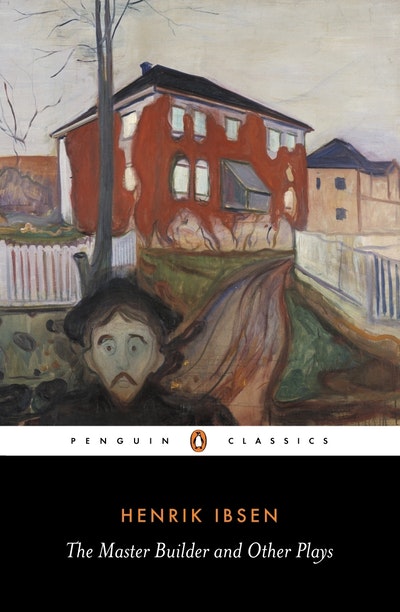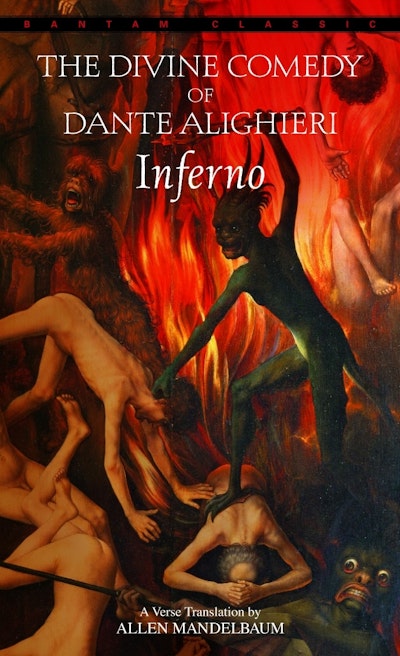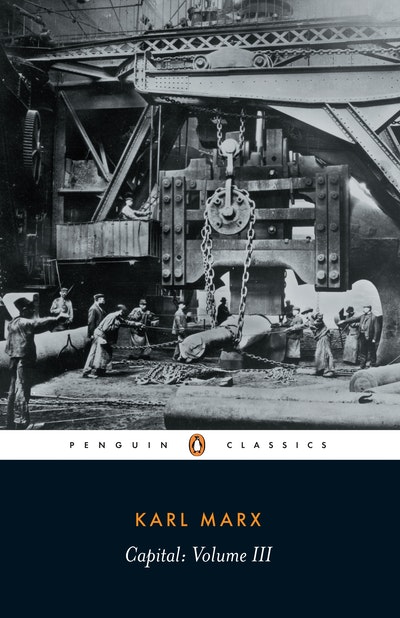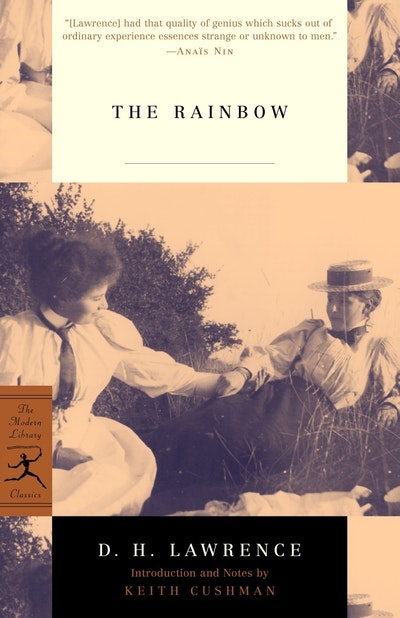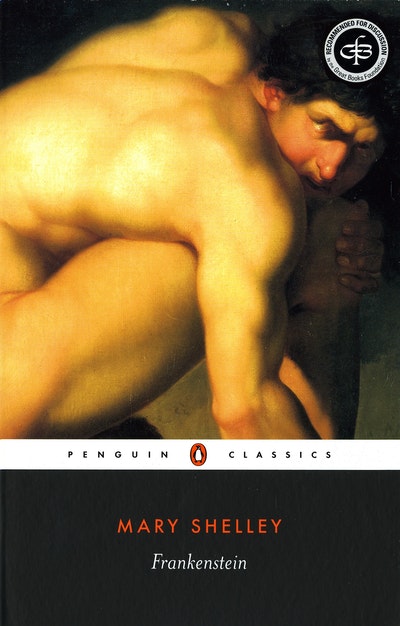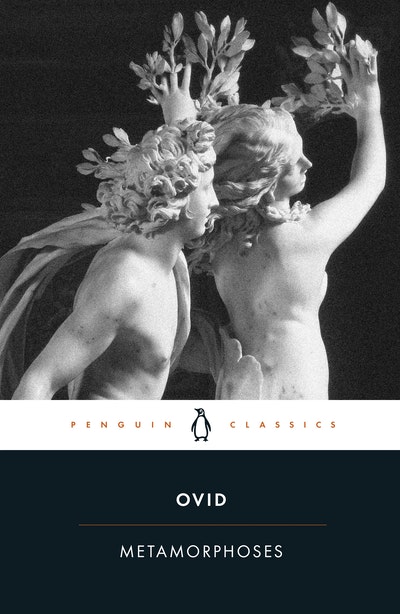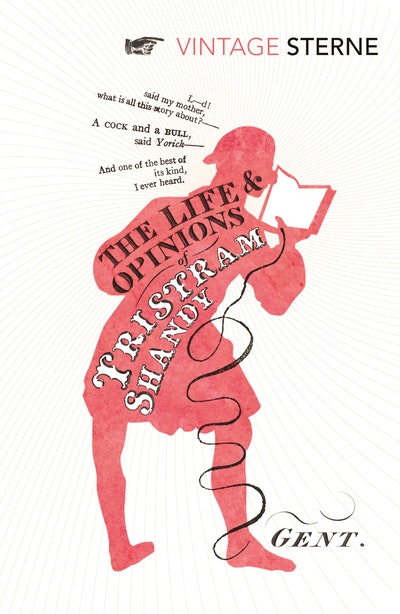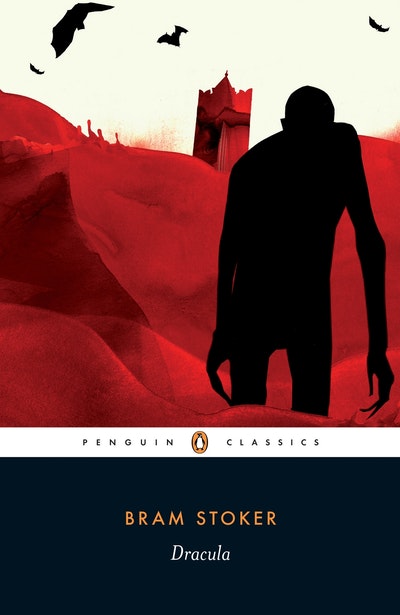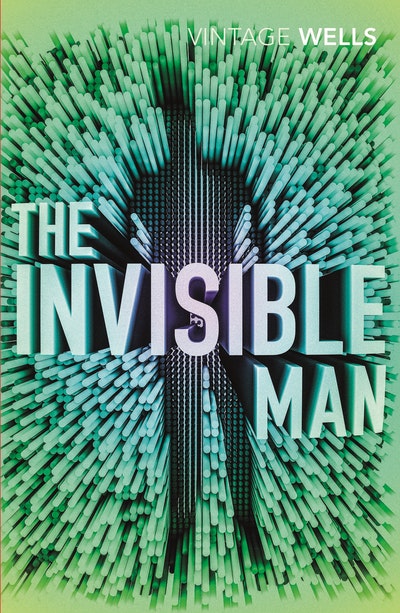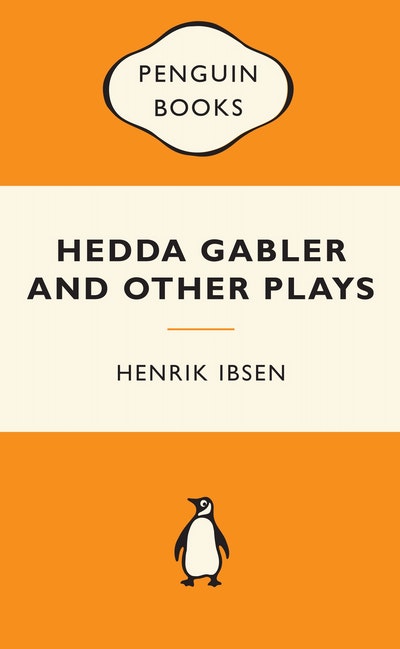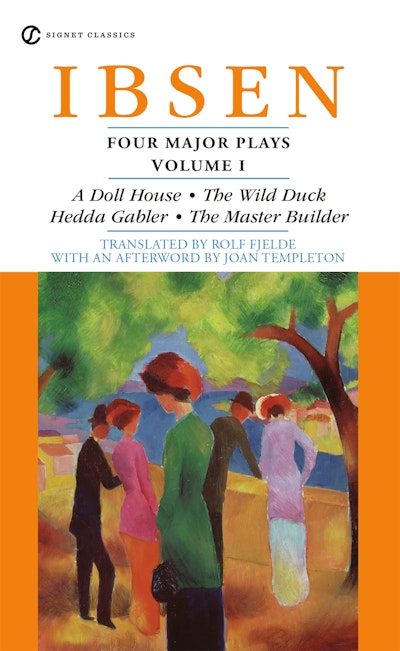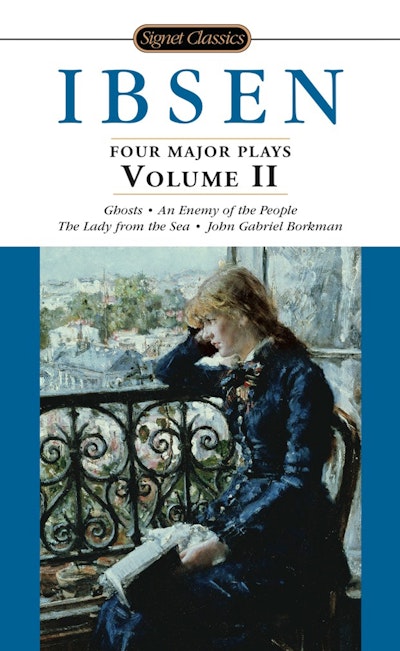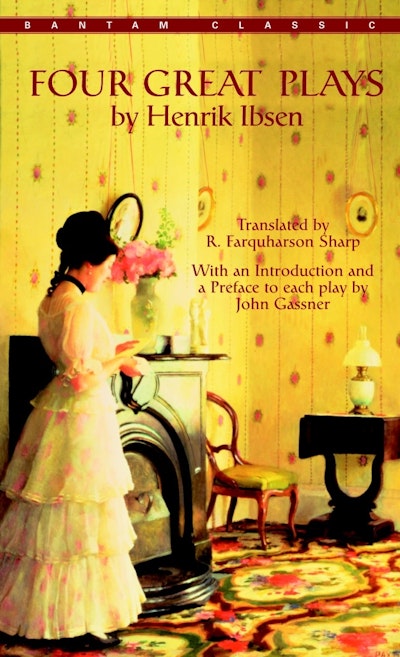- Published: 29 June 2006
- ISBN: 9780141961439
- Imprint: Penguin eBooks
- Format: EBook
- Pages: 384
The Master Builder and Other Plays
Ibsen's greatest late plays in superb modern translations, part of the new Penguin Ibsen series
The four plays in this volume, written late in Ibsen's career as a dramatist, move away from his earlier preoccupation with people at odds with society to instead explore the inward struggle with their own thoughts, feelings and dreams. The Master Builder (1892) depicts a powerful man whose illusions collapse in the face of a young woman's courageous common sense. In Rosmersholm (1886), an idealist is forced to question his beliefs and confront terrible truths about the past, while Little Eyolf (1894) portrays a man's self-deception, which brings both tragic repercussions for his family and new hope for their future. And in John Gabriel Borkman (1896), a dying woman returns to reclaim the affections and loyalty of her nephew, resulting in a bitter struggle with her sister.
- Published: 29 June 2006
- ISBN: 9780141961439
- Imprint: Penguin eBooks
- Format: EBook
- Pages: 384
Other books in the series
About the author
Henrik Ibsen was born of well-to-do parents at Skien, a small Norwegian coastal town, on March 20, 1828. In 1836 his father went bankrupt, and the family was reduced to near poverty. At the age of fifteen, he was apprenticed to an apothecary in Grimstad. In 1850 Ibsen ventured to Christiania—present-day Oslo—as a student, with the hope of becoming a doctor. On the strength of his first two plays he was appointed 'theater-poet' to the new Bergen National Theater, where he wrote five conventional romantic and historical dramas and absorbed the elements of his craft.
In 1857 he was called to the directorship of the financially unsound Christiania Norwegian Theater, which failed in 1862. In 1864, exhausted and enraged by the frustration of his efforts toward a national drama and theater, he quit Norway for what became twenty-seven years of voluntary exile abroad. In Italy he wrote the volcanic Brand (1866), which made his reputation and secured him a poet's stipend from the government. Its companion piece, the phantasmagoric Peer Gynt, followed in 1867, then the immense double play, Emperor and Galilean (1873), expressing his philosophy of civilization.
Meanwhile, having moved to Germany, Ibsen had been searching for a new style. With The Pillars of Society he found it; this became the first of twelve plays, appearing at two-year intervals, that confirmed his international standing as the foremost dramatist of his age. In 1900 Ibsen suffered the first of several strokes that incapacitated him. He died in Oslo on May 23, 1906.
